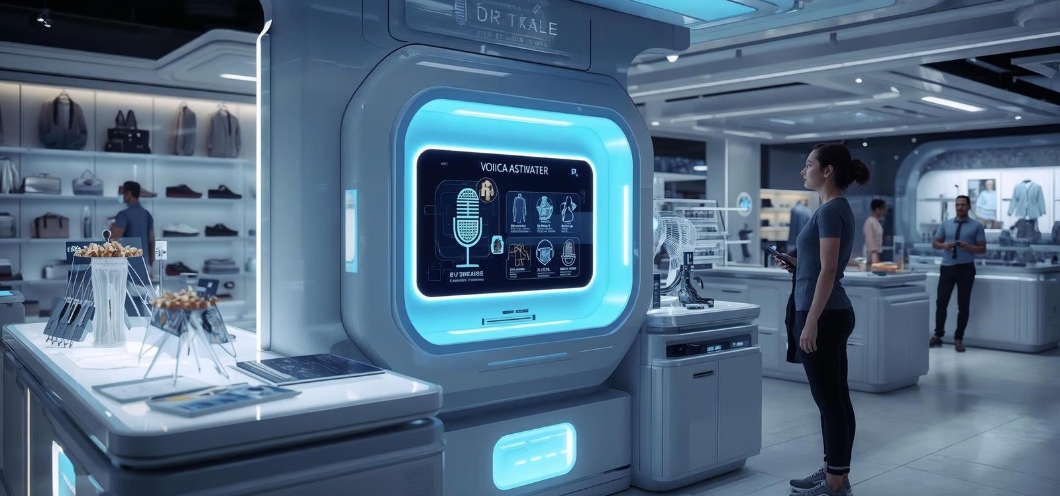- Samita Nayak
- 2091
Now in this digitally driven world, a customer tends to take charge on his own. The self-service CX is now taking quite a toll in this process because people have the hunger for doing everything by themselves, achieving a quick answer, and enjoying continuous command over interaction with a brand. These are days where customers need support from mere representatives alone who will explain all their problems. For self-service channels, which primarily manifests in the form of web-based FAQs, AI-run chatbots, knowledge bases, and community forums, do customers actually want to become more self-sufficient or is this just the shift of choice?
ALSO READ: Why Work-Life Balance Matters More Than Ever
1. Empowerment and Convenience
Self-service options empower customers by giving them immediate access to the information or assistance they need. Whether it’s tracking an order, updating account details, or troubleshooting a product issue, customers value the freedom to resolve their own queries quickly. This empowerment also translates into convenience—self-service means no more waiting on hold or relying on office hours. It’s instant and accessible, catering to the 24/7 needs of modern consumers.
2. Rapidness and Efficiency
The time-bound consumer wants speed. Self-service channels can be critical, especially for simple tasks or quick solutions. Indeed, some studies have shown that satisfied customers are those who manage to solve problems in as little as a minute or two. By streamlining access to resources, businesses will meet the expectations that businesses should provide a quick and efficient experience, which increases customer satisfaction and brand loyalty.
3. Personalized Experience Using Artificial Intelligence
AI-based applications, such as chatbots and interactive FAQs, provide a more personalized self-service experience for the customer with recommendations on what to interact with in terms of previous interactions. Combining data analysis with what has been learned from user behaviors can predict needs, hence making self-service very relevant and engaging for consumers. Personalization reduces time while making people feel valued and understood.
4. Reduced Pressure on the Support Teams
Self-service does not only assist the customers but also decongest the workload from the customer support teams. If common questions are dealt through self-service, the support agents can focus more on complex questions, resulting in better service and quick response for others who might need individualistic help.
To conclude, the shift toward self-service CX highlights changing customer sentiments: people want more control and less hassle over quick responses. For brands, there is a necessity to latch onto this trend since adopting it enhances CX while improving efficiency across support operations.
Tags:
Customer ExperienceGlobal BusinessAuthor - Samita Nayak
Samita Nayak is a content writer working at Anteriad. She writes about business, technology, HR, marketing, cryptocurrency, and sales. When not writing, she can usually be found reading a book, watching movies, or spending far too much time with her Golden Retriever.
Popular Post





